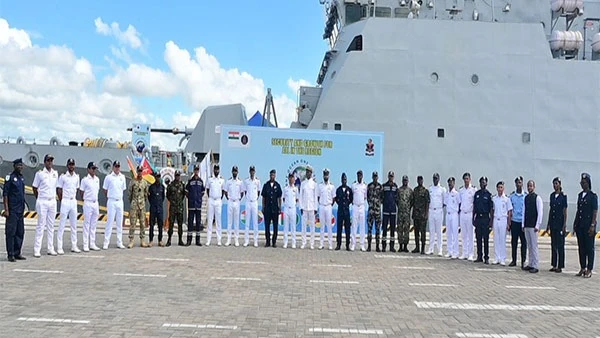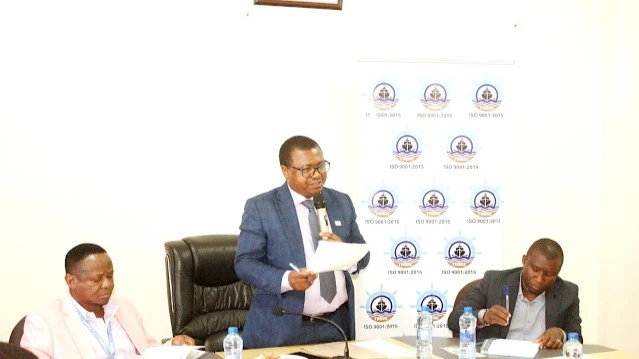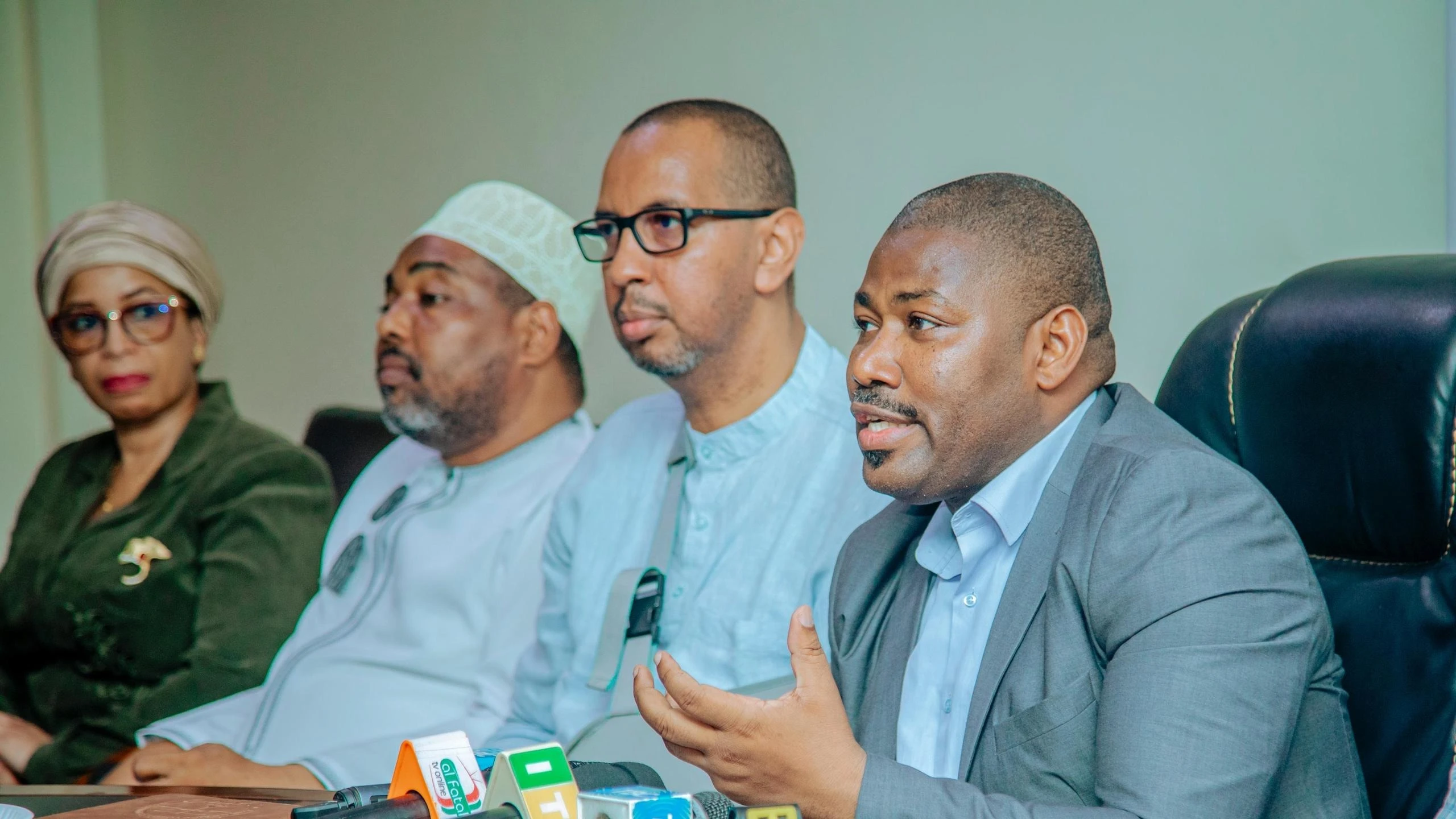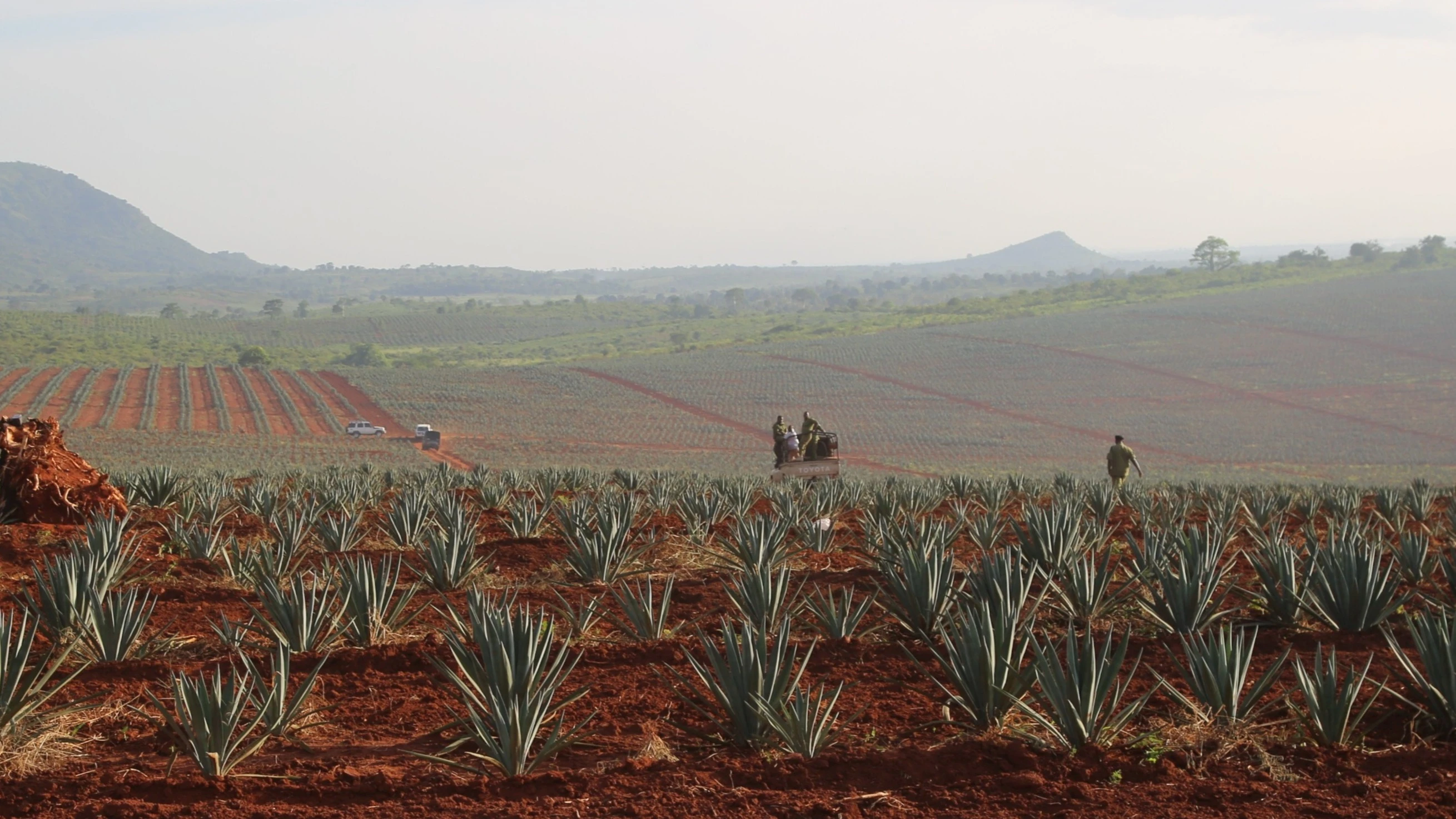TASAC meets Tanga agents to boost maritime transport efficiency
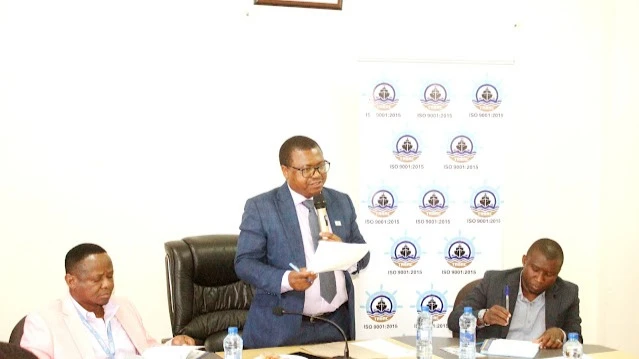
The Tanzania Shipping Agencies Corporation (TASAC) recently held a meeting with shipping and customs agents in the Tanga region, underscoring the importance of their roles in improving the efficiency of the maritime transport sector.
The forum served as an opportunity to enhance understanding of regulations and remind stakeholders of their duties.
During the opening remarks, TASAC’s Director of Maritime Transport Regulation, Nelson Mlali, explained that the agency organized the session to communicate ongoing regulatory updates, clarify expectations regarding licensing and compliance, and provide a platform for stakeholders to express their views and concerns.
“This meeting specifically addresses licensing issues, including eligibility criteria, necessary requirements, and the consequences of operating without proper authorization in the maritime sector,” Mlali emphasized.
He further elaborated that the initiative aimed to pinpoint areas where agents might be underperforming, with the overarching objective of elevating the standards of the maritime transport sector across Tanzania.
“Our goal is to minimize complaints, conflicts, and delays in water transport services, which often stem from negligence or a lack of adequate awareness,” he stated.
Mlali cautioned that inefficiencies in maritime operations inflate the cost of doing business at Tanzanian ports, thereby diminishing their competitive edge against ports in neighboring countries.
“Consequently, this leads to financial losses for both the nation and individual businesses, and a significant portion of shipping traffic is diverted to rival ports,” he warned.
He stressed the necessity of robust collaboration among all stakeholders, reminding them that they are integral parts of the same industry and share the collective responsibility of ensuring seamless, conflict-free, and timely delivery of maritime transport services.
This, he noted, would ultimately contribute to reducing costs throughout the supply chain for both goods and passengers.
TASAC Senior Maritime Transport Regulation Officer, Mbwana Ng’anziali, also addressed the attendees, highlighting the agency's primary goal of educating stakeholders on licensing prerequisites and tackling the everyday challenges encountered in their operations.
Among the issues brought to the forefront was the persistent problem of delays in the return of equipment between different agents, a practice that contravenes existing regulations.
Ng’anziali reported that all participating parties committed to executing their responsibilities with integrity and efficiency, pledging to avoid document forgery and the misuse of funds allocated for specific operational activities.
Top Headlines
© 2025 IPPMEDIA.COM. ALL RIGHTS RESERVED












